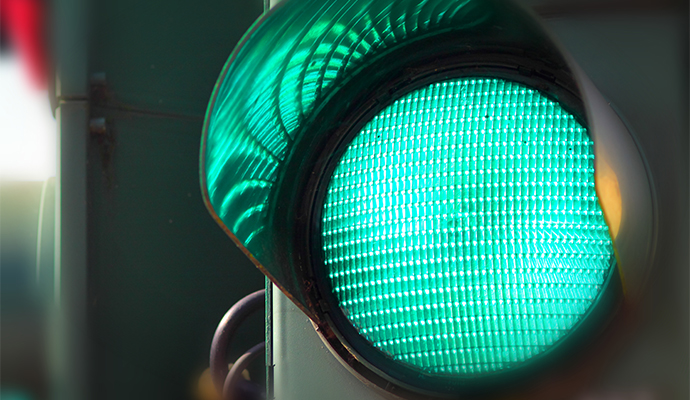FDA Authorizes Use of Convalescent Plasma as COVID-19 Treatment
The emergency use authorization allows the distribution of investigational convalescent plasma as a COVID-19 treatment despite scant evidence on its effectiveness.

Source: Getty Images
- FDA announced yesterday that it issued an emergency use authorization (EUA) for investigational convalescent plasma as a COVID-19 treatment in hospitalized patients.
For more coronavirus updates, visit our resource page, updated twice daily by Xtelligent Healthcare Media.
The agency believes that this product may be effective in treating coronavirus and that the known potential benefits outweigh the known potential risks.
“I am committed to releasing safe and potentially helpful treatments for COVID-19 as quickly as possible in order to save lives. We’re encouraged by the early promising data that we’ve seen about convalescent plasma,” FDA commissioner, Stephen M. Hahn, said in the announcement.
“The data from studies conducted this year shows that plasma from patients who’ve recovered from COVID-19 has the potential to help treat those who are suffering from the effects of getting this terrible virus. At the same time, we will continue to work with researchers to continue randomized clinical trials to study the safety and effectiveness of convalescent plasma in treating patients infected with the novel coronavirus.”
The EUA follows FDA’s review of data obtained since the start of the pandemic to grant emergency access to convalescent plasma for patients as clinical trials remain ongoing, the agency said.
Under the review of data, FDA’s Center for Biologics Evaluation and Research determined that the criteria for issuing an EUA were met.
“FDA determined that convalescent plasma may be effective in lessening the severity or shortening the length of COVID-19 illness in some hospitalized patients,” the announcement stated.
The EUA will not replace current ongoing clinical trials determining the safety and efficiency of COVID-19 convalescent plasma, FDA noted.
“The FDA’s emergency authorization for convalescent plasma is a milestone achievement in President Trump’s efforts to save lives from COVID-19. The Trump Administration recognized the potential of convalescent plasma early on. Months ago, the FDA, BARDA, and private partners began work on making this product available across the country while continuing to evaluate data through clinical trials,” said HHS Secretary Alex Azar.
“Our work on convalescent plasma has delivered broader access to the product than is available in any other country and reached more than 70,000 American patients so far. We are deeply grateful to Americans who have already donated and encourage individuals who have recovered from COVID-19 to consider donating convalescent plasma.”
Mayo Clinic launched an Expanded Access Program for convalescent plasma in early April to respond to patients’ urgent medical needs during the pandemic.
Individuals who recover from COVID-19 have antibodies that may be capable of fighting the virus that causes the illness, SARS CoV-2.
Giving patients infected with coronavirus plasma from a recovered patient leads to more rapid improvements of the disease, experts believe.
“Initial data available from studies using COVID-19 convalescent plasma for the treatment of individuals with severe or life-threatening disease indicate that a single dose of 200 mL showed benefit for some patients, leading to improvement,” a Mayo Clinic spokesperson said in the press release.
Unlike vaccines, antibody treatments don’t produce lasting protection against a disease. Instead, these treatments are meant to equip bodies with tools to immediately fight off an infection, or prevent an imminent contagion.
At the beginning of June, Eli Lilly and Company dosed the first patients in the world’s first study of potential COVID-19 antibody treatments.
The antibody, LY-CoV555, was developed in three months after AbCellera and the Vaccine Research Center at the National Institute of Allergy and Infectious Diseases (NIAID) identified it from a blood sample taken from one of the first US patients who recovered from COVID-19.
Then at the beginning of August, the company launched a Phase 3 trial studying LY-CoV555 after it showed great promise in the first two trials.
The study will enroll nearly 2,500 participants from facilities that have had a recently diagnosed case of COVID-19 and are at a high risk of exposure.
It will evaluate the efficacy and safety of a single dose of LY-CoV555 for the prevention of COVID-19 and uncover if the antibody reduces the rate of COVID-19 over four weeks and complications of the virus through eight weeks.
